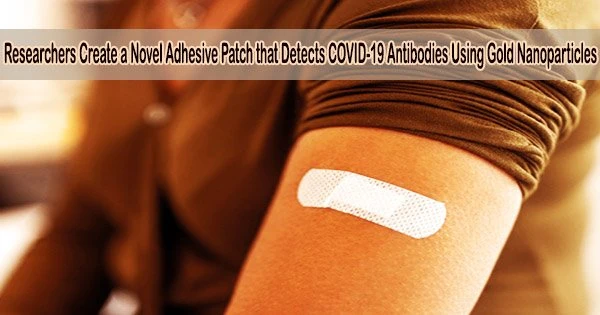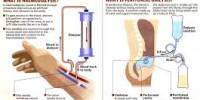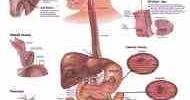For COVID-19, an adhesive bandage that depends on gold nanoparticles to immediately identify the immunological antibodies in the bloodstream, researchers at NYU Abu Dhabi have created a new rapid testing method.
These antibodies, known as IgM and IgG, are created naturally as a result of SARS-CoV-2 infection and are therefore useful biomarkers for identifying infected people and tracking pandemics.
The innovative bandage technology is affordable and easy-to-use, and can be modified in no time to detect other pathogenic infections in future pandemics by using antigens specific to the emerging pathogens.
The test can be used at home by applying the special adhesive bandage to a pinprick fingertip, just like how we use a regular bandage to cover and protect the wounds. It works with nanotechnology-based engineered tiny particles, called gold nanoparticles, that are one billionth of a meter in diameter and have specific keys, called antigens, attached to them that are unique to the SARS-CoV-2.
These keys are designed with key-lock mechanisms and high specificity and sensitivity IgM and IgG antibody recognition and binding using nanotechnology techniques. When this happens, the person’s infection status changes to show whether they are not infected or whether they are infected with early immune, active immune, or immunological responses within minutes.
Our goal is to contribute to improved diagnostics and help individuals with their health management, ultimately enhancing our ability to combat and control infectious diseases on a global scale.
Imen Boumar
The bandage is inexpensive and disposable, making it a viable option for widespread detection and screening, particularly in homes, public spaces, and rural areas without easy access to sophisticated testing facilities.
The NYU Abu Dhabi research team, led by Associate Professor of Mechanical Engineering and Bioengineering Mohammad Qasaimeh, explained the process of creating this new testing technology in a paper published in the journal Microsystems and Nanoengineering.
“This user-friendly test quickly and accurately identifies the presence of IgM and IgG antibodies to the SARS-CoV-2, providing users with critical information about their immune response to the infection,” said Muhammedin Deliorman, one of the first authors of the study and a Research Scientist in Qasaimeh’s Group.
“Moving forward, we will explore the potential of this technology in detecting and screening other emerging viral infections. We also plan to incorporate biodegradable porous microneedles into the bandage, enabling efficient finger pricking via in-situ puncturing.”
Furthermore, Imen Boumar, one of the first authors of the study and a former research assistant in Qasaimeh’s Group, added, “Our goal is to contribute to improved diagnostics and help individuals with their health management, ultimately enhancing our ability to combat and control infectious diseases on a global scale.”
Qasaimeh commented, “Importantly, real-time screening of viral infection using tests like the invented adhesive bandage can play a crucial role in preventing future outbreaks and pandemics by enabling early detection.”
“In the future, if the large-scale usage of such adhesive bandage tests is combined with smart phone readouts and dedicated mobile apps, it opens up possibilities for generating location-based heat maps by local governments and health authorities to allow for the early identification of infected individuals, including those who are asymptomatic. By promptly isolating and treating these individuals, the spread of the virus can be significantly reduced, preventing it from reaching a larger population.”
















